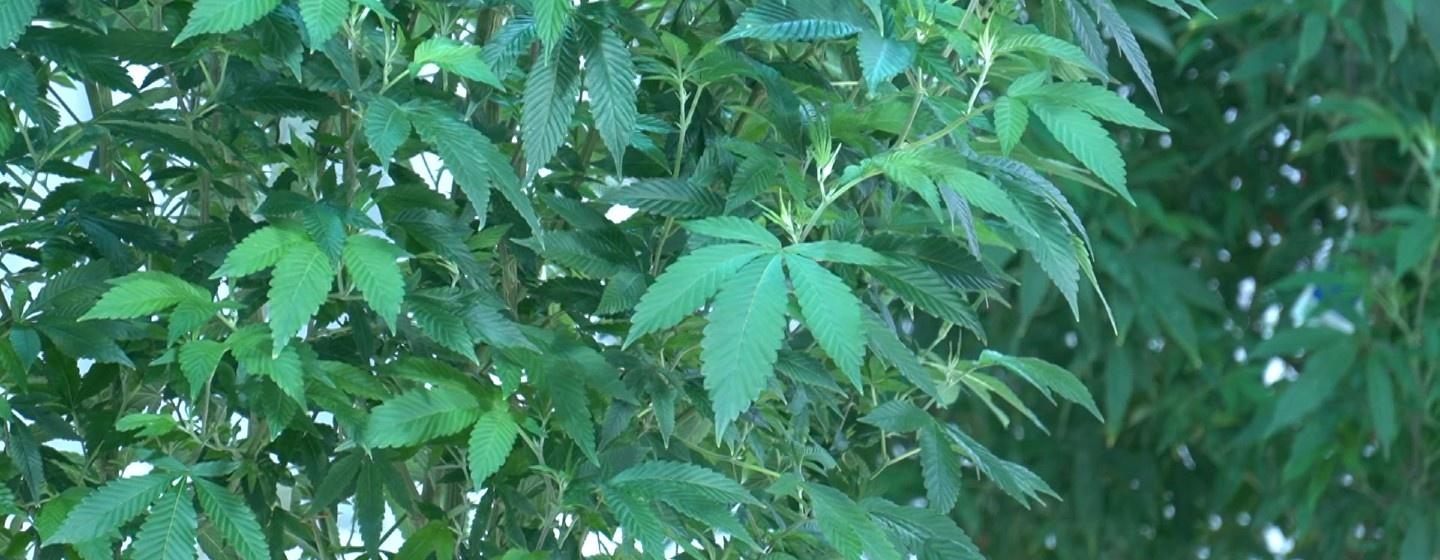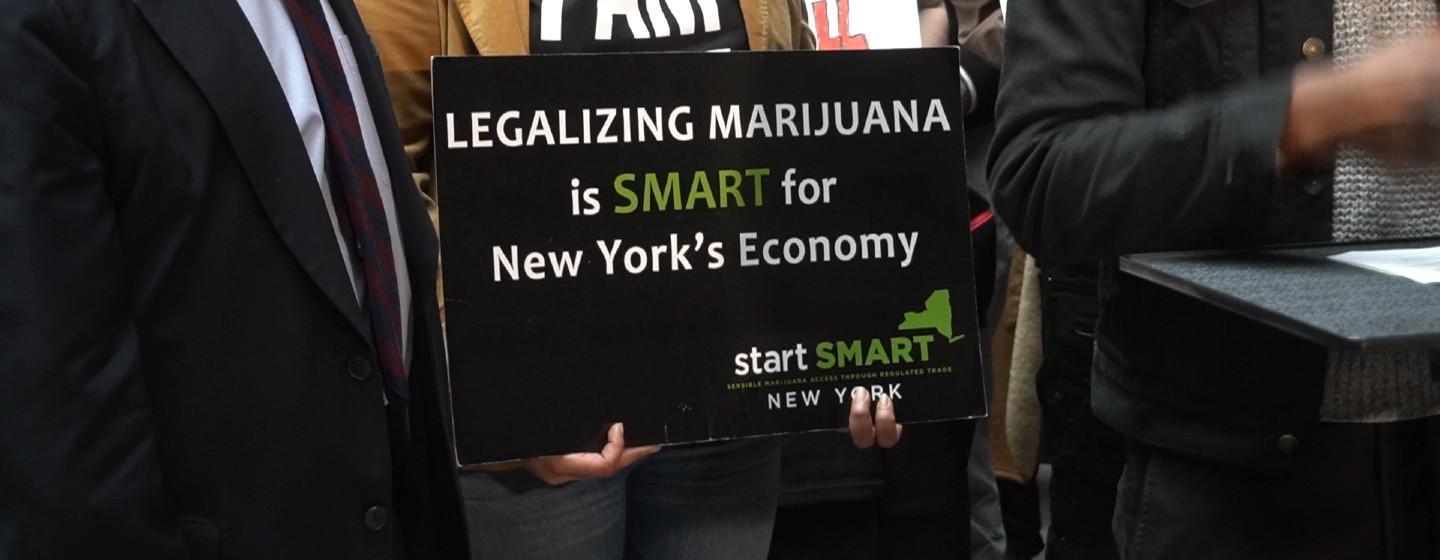Cuomo Changes Marijuana Legalization Proposal, Outlining Plan for Revenue and Delivery

Marijuana Legalization Debate in New York
Gov. Andrew Cuomo is amending his proposal to legalize marijuana for adult, recreational use in New York to allow delivery of cannabis products, reduce criminal penalties for illegal sales, and outline how a portion of tax revenue from the industry would be spent.
The amendments are part of Cuomo’s push for a deal on legalization with the Legislature, which has thrown cold water on his proposal in recent years.
Since Cuomo announced his support for legalization three years ago, he’s been at odds with the Legislature over how to spend the tax revenue generated by the cannabis industry.
Lawmakers have sought to spend a large share of the tax revenue on communities where the state’s drug laws have been disproportionately enforced. Cuomo had rejected that earmark, but his latest proposal appears to be aimed at bridging that gap.
“Our comprehensive approach to legalizing and regulating the adult-use cannabis market provides the opportunity to generate much-needed revenue, but it also enables us to directly support the communities most impacted by the war on drugs by creating equity and jobs at every level, in every community in our great state,” Cuomo said.
Cuomo’s proposal would set aside $100 million of the state tax revenue generated by the cannabis industry to be reinvested for purposes of social equity, targeting communities disproportionately impacted by the state’s drug laws.
That funding would be invested in an array of services in those communities, including job placement, skills training, housing, substance use disorder treatment, child care services, legal services for those released from incarceration, and more.
When Cuomo released a new proposal for legalizing cannabis in January, the $100 million fund was scheduled to be fulfilled over four years, with a commitment of $50 million each year thereafter. It’s unclear if that’s still the case in the proposal outlined Tuesday.
The funding, under Cuomo’s latest proposal, would be awarded through grants administered by the Empire State Development Corporation, a state agency, in collaboration with other relevant entities, like the state Division of Housing and Community Renewal.
That’s different than Cuomo’s previous legislation and what lawmakers have suggested. Under those proposals, the funding would have been awarded by a special board of appointed individuals tasked with evaluating where the money should be distributed.
Cuomo’s amendments also include a mechanism for delivering cannabis products, which medical marijuana companies, in particular, have called for.
An explanation of Cuomo’s proposal framed delivery as a way for new cannabis entrepreneurs to break into the industry in areas where brick and mortar stores are disparate. But municipalities could ban delivery of cannabis products under Cuomo’s amendment.
Cuomo is also seeking to downgrade criminal penalties for illegal sales of marijuana, which can currently carry several years in prison upon conviction.
- Selling more than four pounds of marijuana would be reduced from a class C felony to a class D felony, which carries a sentence of up to seven years in prison.
- Selling more than a pound of marijuana would be reduced from a class D felony to a class E felony, which carries up to four years in prison.
- Selling to individuals under the age of 21 would be reduced from a class E felony to a class A misdemeanor, which carries a sentence of up to a year in jail.
Lawmakers will now negotiate with Cuomo on a final proposal, which is expected to be included as part of legislation on the state budget. That’s due by the end of March.
The Drug Policy Alliance, one of the leading groups advocating for legalization, said Cuomo's amendments were a good start, but that they want the final bill to look more like what the Legislature has proposed.
"While these changes are a move in the right direction, they are not a substitute for the more comprehensive Marijuana Reform and Taxation Act (MRTA), which remains the gold standard reform bill in the Legislature," said Melissa Moore, state director of the group in New York.
"That must be the starting point as it has stronger equity and community reinvestment provisions and a more balanced governance structure for the Office of Cannabis Management than the Governor’s proposal."
Related
Marijuana could be legalized next year & chances of that happening are higher than ever.

Cuomo Proposes Legal Marijuana for Third Year, With Changes
If approved, legalization of marijuana would likely be included in the final state budget. That’s due at the end of March.


